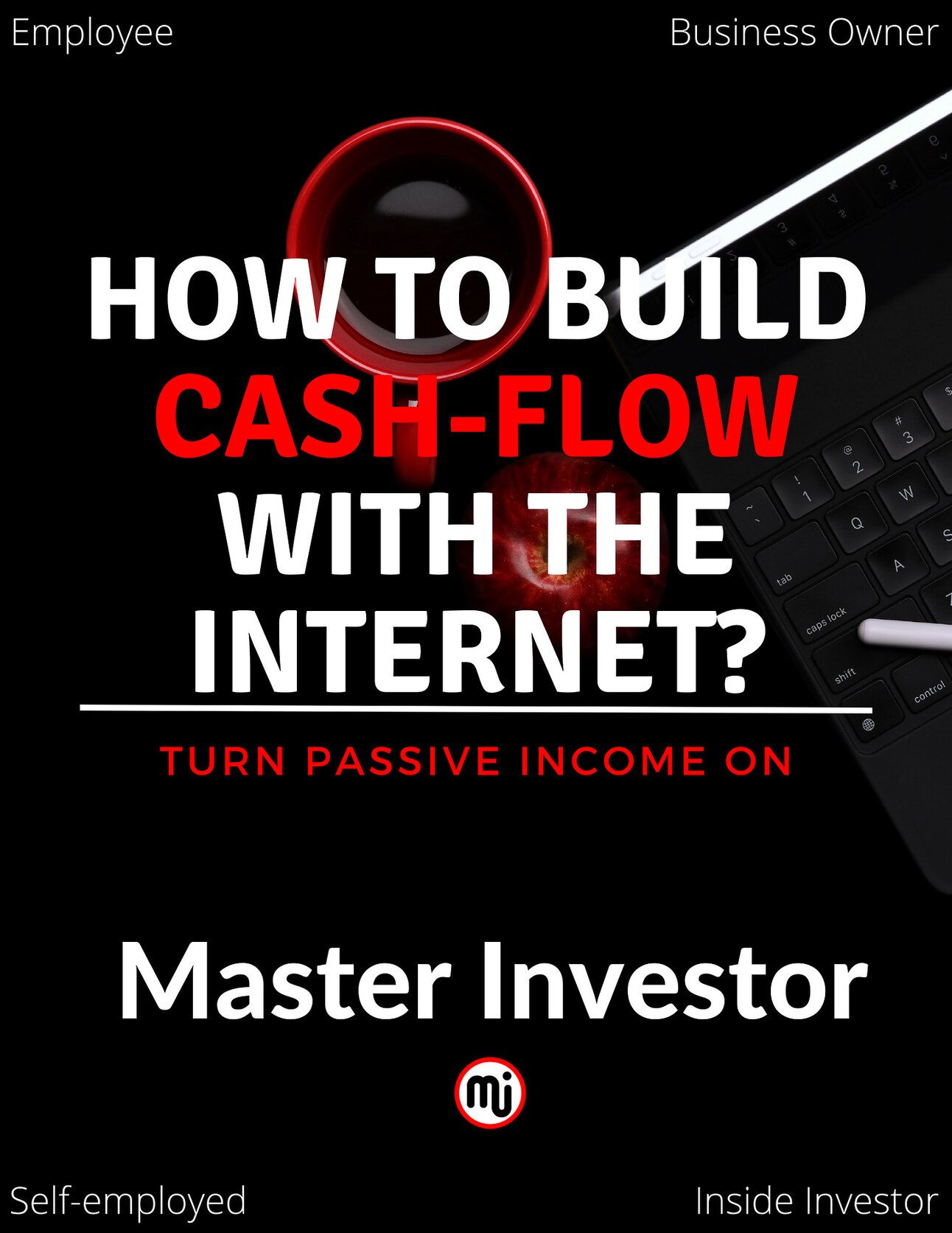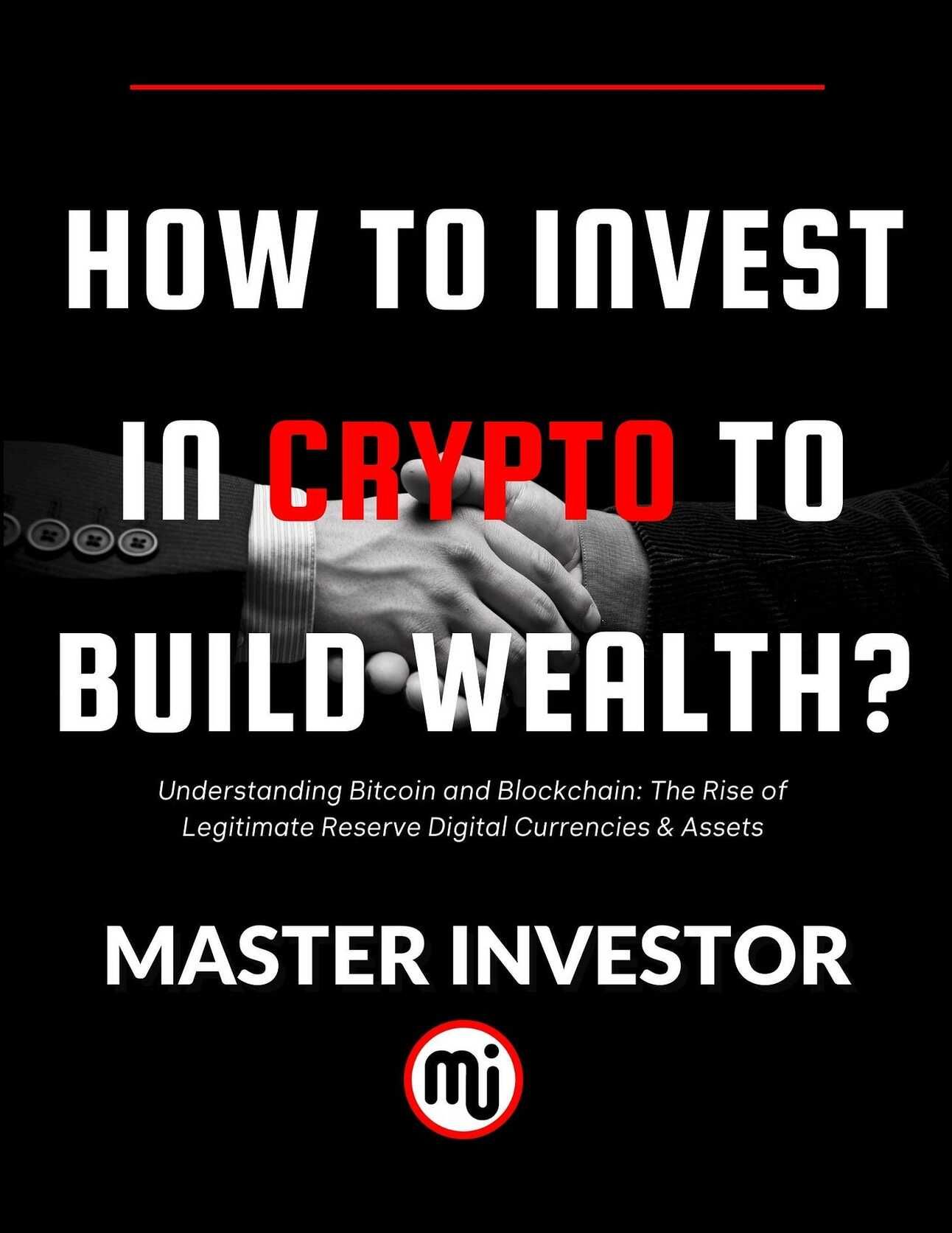SUMMARY:
If someone develops and adheres to a strategic investment plan, anyone can be a successful investor.
Possessing a solid understanding of finance is essential for an effective investing strategy.
Among the advice we've given all to help us become a great investor are asking the proper questions and learning from our failures.

Many people avoid investing planning because they believe it to be too difficult or that the learning curve is too high. It's true that some people tend to oversimplify investment. However, the truth is that anyone can become an investor with a little guidance and understanding.
Here are five suggestions to aid with our investment strategy. They are succinct, direct, and to the point. All that's left to do is implement them.
I am reading: Investment Planning Made Simple
Principle #1: Equip oneself with knowledge
It all comes down to financial education. When it comes to investing, our financial information and knowledge base will grow. It follows that we will have homework to complete.
The good news is that we have easy access to a wealth of resources thanks to the Internet.
MASTER INVESTOR started developing our investment planning techniques and financial literacy to empower our partners and community here to avoid common mistakes and (the hard way) to reach true wealth.
By reading the financial statements of a business or investment, from records, we can tell if the business is losing more than making as profits. Why would anyone put money into an investment that is aware of monthly losses? Only uneducated investors will do such thing.
We should always measure our ROI (return on investment) with facts instead of opinions overall. Here are some question we shall ask before acquiring a real estate investment:
Why was there such a large interest rate?
What role did the deal play in my long-term strategy or plan for investments?
What was the vacancy factor I applied?
What was the rate of cap?
Had I looked into the HOA's assessment history?
Have I taken management and repair costs into account?
Was I aware that there will be significant work outside the building?
And we must master the first lesson here “become financially literate” so we can ask the correct questions.
Fortunately, here at masterinvestor we will cover the fundamentals and advanced strategies of business, and investing for all our community to learn from and use as need it to build our asset columns.
That's why we produce here in our brand “Master Investor” (masterinvestor). The company and brand's sole purpose at founding is to be an Investment Management Company, offering high quality financial education made simple with lucrative opportunities to build passive income and true wealth, created for humanity to obtain the ultra wealthy mindset and empower themselves to riches. Neither do we promote nor sell investments. We only provide high quality financial education—both cerebral, such as through books and seminars, and experiential, such as through games.
Principle #2: Begin modestly
We will inevitably make mistakes when making investments, regardless of what we decide to include in our plan. Errors are not anything to be terrified of. Rather, fear not picking up any lesson from them.
Due diligence are the second most important words in the business language.
Neglected to look up comparable rental prices in the area. Had she done so, she would have discovered that the rent she was requesting was over market.
She currently possesses thousands of units. In the end, that error paid off handsomely. Furthermore, the loss was tolerable because she had started off tiny.
Principle #3: Make a little cash deposit
This is crucial for effective investment planning for three reasons.
We are not in the game unless there's money involved. It's just theory up until then. You need to apply what we have learned. Decide to act today. The majority of individuals only ever think. We make mistakes when we do anything, and we learn the most from our missteps. We now know what inquiries to make.

Principle #4: Recognize the actual issue
The misconception that our home is an asset has played a significant role in the current financial crisis. But the shadow side of homeownership is now all too visible: walkaways and foreclosures, areas beset by deserted homes and falling property values, and a country where families own $6 trillion less in real estate than they did just three years ago. In fact, the financial crisis may have been brought on by cheap lending encouraged by the cult of homeownership, which immediately resulted in the largest bailout of the crisis.
Today money is created with debt. Money is fake, a currency, monopoly, fiat, and just an idea backed up by confidence.
Politics, business, and culture came together to develop a fetish for the concept of home ownership for more than a century.
At the time, existing house sales had plummeted by a staggering 27% from the previous month, home values had fallen by 30%, and housing inventories stood at 12.5 months, more than twice the amount that was deemed healthy.
With those figures, people began to see that one of the biggest illusions ever told to the American public is the American Dream of becoming affluent through homeownership.
We are aware that the housing market has had its fair share of issues. It's even regarded as a millstone that has the capacity to send the whole economy into a deep recession.
However, the true issue isn't with the real estate market, let's face it. The underlying deficiency of financial education in America is the actual issue. The underlying issue is that people are unable to distinguish between an asset and a liability. A financially literate populace that comprehended that a property is a liability rather than an asset is unlikely to have joined in on the early-2010 real estate mania.
To strategically and successfully invest, it is important to grasp the foundations of investment planning, which are that an asset adds value to our portfolio while a liability deducts it.
Principle #5: Remain localized
The grass is always greener on the other side, as the proverb says. People are constantly searching for the next big thing.
Regardless of our experience level, it is advisable to start implementing your investing strategy mostly in your local area. What is meant by that? It entails sticking to our core competencies. Acting on a hot tip is the complete opposite of this!
Ignore investment tangents and stay on the well-traveled routes we are familiar with. That way, we can return home at any time!
Start investing in high quality financial education, by reading our financial eBooks:



Lucrative resources and tools:
Follow us on Instagram.
Listen to our Podcast.
Subscribe to our Newsletter.
Follow us on Tiktok.
Purchase a business digital Course.
Like our Facebook Page.
Join our Inner Circle.
I am reading: Investment Planning Made Simple
Comment, like, share and follow for more High Quality Financial Education Made Simple.

